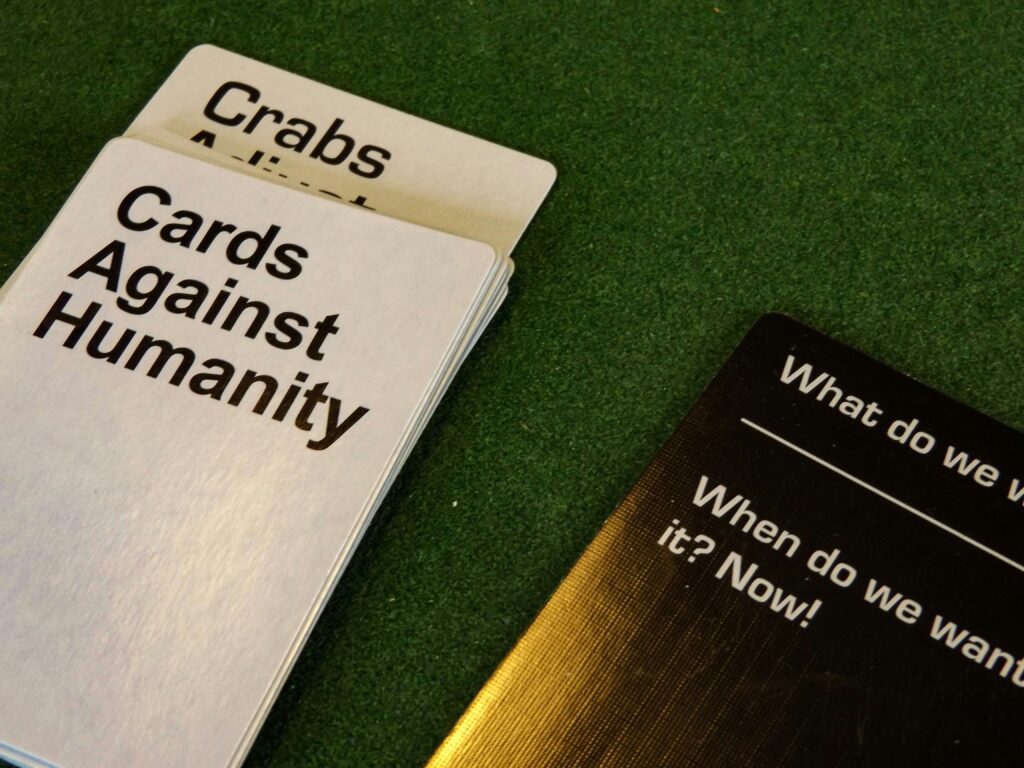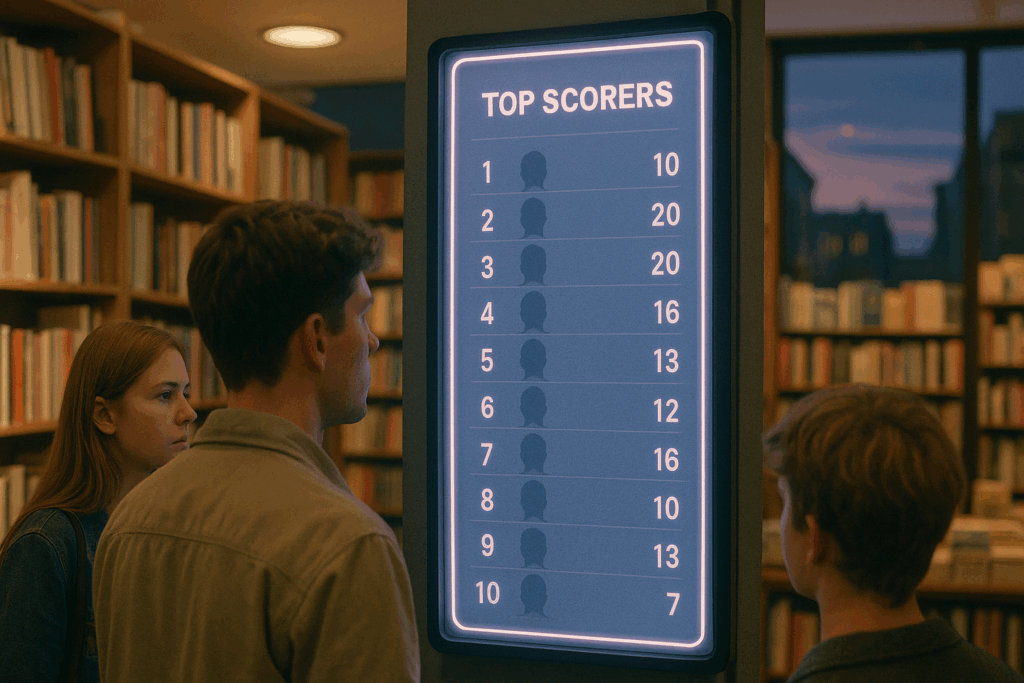Start Smart: Learn the Core Systems
Every game runs on systems—the sooner you understand them, the better you’ll play. First, nail down the basics: movement, combat, and resource management. How fast can you reposition in a fight? What does stamina actually limit? Are you burning through potions you’ll need later? These mechanics shape every decision you make. Treat them seriously from the start.
Don’t skip tutorials. Seriously. They’re not just hand-holding—they’re training grounds. Developers put those lessons in place to teach you the language of the game. Even if you’ve played similar titles, every system has its quirks. Respect the onboarding process.
Finally, pay attention to how the early mechanics scale. That dodge roll you use in the first dungeon? It may be critical in the final boss fight. Early inventory choices might limit your build flexibility down the road. Smart players zoom out and ask: will this matter in 10 hours? Usually, it will.
Understand early, adapt faster. That’s how people get good without grinding for weeks.
Don’t Button-Mash: Understand the Rules
If you’re hoping to improve fast, stop treating the game like a stress ball. Learning the timing of attacks, abilities, or inputs isn’t flashy—but it’s what separates a casual player from someone who wins fights consistently. Every game has its own pace, and learning that rhythm is key.
Start with hitboxes. They’re invisible zones where actions connect or miss. Know yours, and you’ll land cleaner hits while dodging better. Cooldowns are another missed opportunity—learn them. Time abilities right, and you’ll always have options while your opponent waits to reload.
And yes, patch notes matter. Balance tweaks change everything. That character you steamrolled with last week? Could be nerfed already. That unpopular weapon? Might now be meta. Stay current, or stay at a disadvantage.
Most importantly, raw speed only gets you so far. Faster button mashing won’t beat someone who knows spacing and stagger windows. Mechanics are force multipliers. Understand them, and you’ll win more fights—even against players with faster reflexes.
Adapt or Lose: Adjust to Meta Shifts
Games change constantly. Whether it’s a new patch, a balance update, or a complete overhaul of mechanics, staying stuck in one play style is a fast track to falling behind.
Why Strategy Shifts Matter
What worked yesterday may get crushed today. Game developers actively tweak abilities, weapons, characters, and systems to keep the experience dynamic. To stay competitive, your strategy has to match the pace of these changes.
- Patch updates can completely flip power dynamics
- New content often brings dominant mechanics or tactics
- Balance changes reward players who adapt quickly
Track the Meta Like a Researcher
The “meta” refers to the most effective tactics available. It evolves based on game updates, pro play, and player experimentation. Know where the meta is heading—and where it’s been.
- Read developer blogs, patch notes, and official announcements
- Watch breakdown videos by analysts or pro players
- Follow competitive leaderboards to spot emerging trends
Build Flexibility into Your Play Style
Don’t get attached to one character, weapon, or setup. Versatility is a skill.
- Loadouts: Have backup builds ready to roll when yours gets nerfed
- Characters/Classes: Learn at least one secondary option well
- Tactics: Be willing to switch roles, rotate positions, and adopt new strategies when needed
By staying agile, you avoid becoming outdated—and gain an advantage over those who rely on comfort picks.
Bottom Line
Games don’t stand still, and neither should you. The players who thrive long-term are the ones who can rethink, retool, and respond faster than the rest.
Use Your Failures Wisely
Losses aren’t just setbacks—they’re data. But if you’re just looking at what you did wrong once, you’re missing the bigger picture. Instead, look for patterns. Do you miss key dodges under pressure? Keep dying when isolated? That’s where the truth lives—not in single mistakes, but repeated ones.
Start recording your gameplay. Watch it back. Yes, it’s awkward. Yes, you’ll cringe. But nothing puts your decision-making under the microscope like watching yourself make the same bad call twice. You’ll spot positioning errors, mechanical hesitations, misread timings. Things you never notice mid-fight.
And here’s a key distinction: bad mechanics are about execution—slow reactions, missed inputs, clunky movement. Bad decisions are about choices—being in the wrong spot, picking the wrong fight, tunnel visioning the objective. Knowing the difference is what leads to real progress. You can drill mechanics. But you have to think your way out of bad decisions.
Learn by Watching
One of the fastest ways to improve—especially early on—is by watching skilled players. Whether it’s a pro streamer, a YouTube walkthrough, or a high-rank gameplay clip, there’s huge value in careful observation. You’re not just watching for entertainment; you’re studying the mechanics, timing, and decision-making in real-time.
What to Watch For
- Game flow and tempo
Notice how experienced players control the rhythm of the match. Do they rush early or hold back? When do they engage or retreat?
- Positioning and map awareness
Observe how they move through the game space. Where do they position themselves in fights? How often do they check corners or retreat strategically?
- Mechanical execution
Look at how they chain abilities or time their actions. Are they animation-canceling? Dodging perfectly? Using cooldowns with purpose?
Find a Player That Matches Your Style
Not every high-level player will align with how you like to play. Seek out creators who use similar characters, weapons, or approaches. Some players go aggressive, others rely on patience and positioning. Reverse-engineer their success:
- Watch their decision-making process, not just the outcomes
- Take note of recurring strategies or positioning habits
- Mimic their warmups or pre-match routines
Passive Learning Leads to Active Improvement
Even without touching the controls, your brain is learning:
- Pattern recognition improves
- You internalize better timing and movement
- Your in-game instincts start adapting before you realize it
Use this to your advantage. Make watching part of your practice routine, especially when you’re too tired to play but still want to learn.
Pro Tip: Use playback speed controls to slow down high-speed clips. Pausing just before or after a major moment can reveal decision-making details you’d normally miss.
Advanced Movement & Combat Tricks for Early Progress
You don’t need to be flashy—just fast, consistent, and clean. Early on, movement and combat feel clunky. That’s normal. The only way to smooth that out is reps. Practice until every dodge, angle shift, and parry runs on instinct. When your fingers act before you think, you’ve hit muscle memory.
Next step: go deeper. Learn to cancel animations. Understand dodge invincibility windows. Master the subtle delays and wind-ups built into attack chains. These aren’t high-level secrets—they’re survival tools. Grasping them early gives you an edge that most players miss.
Tiny gains matter. One tighter dodge. One faster weapon swap. One cleaner combo. Stack those and you’re punishing opponents while others are still fumbling controls. Don’t wait to “get good later.” Precision starts now.
Leverage the Community
Online communities aren’t just noise—they’re strategy goldmines. Forums, subreddits, and Discord servers are packed with players who’ve already hit the walls you’re about to run into. Instead of banging your head against every problem, it makes sense to ask. Yes, even the so-called dumb questions.
Beginner-friendly subreddits often pin guides, walkthroughs, or day-one tips. Discord groups? They give you real-time input and open doors to coaching, scrims, and group learning. And if you’re really stuck, there are affordable coaching services around now that weren’t even an option five years ago.
Don’t lurk forever. Participate. You move faster when you’re willing to sound like a rookie—for a little while. Just don’t forget: everyone starts at zero.
Bonus: Think Like a Competitor
If you want to level up fast—or even go pro—you need more than just casual play. The difference often comes down to mindset. Treat every moment in-game as an opportunity to evolve your skill.
Every Match is a Test
Approach each match, quest, or round like it’s a live-fire training exercise:
- Focus on one or two mechanics per session
- Set specific goals (e.g., land 70% of parries, complete a mission without using a health pack)
- Track progress over time to spot trends and weak spots
This doesn’t suck the fun out of gaming—instead, it gives it direction.
Identify and Drill Your Weak Points
Nobody gets better without repetition. Running drills might sound intense, but it’s an efficient way to close skill gaps early:
- Struggle with aiming? Set up a daily 10-minute tracking routine
- Mistiming dodges? Practice perfect evades vs. predictable enemies
- Poor resource management? Use custom matches to simulate pressure scenarios
Systematic improvement works. Even short sessions of focused practice add up over time.
Start Climbing the Leaderboards (Optional, But Smart)
Competitive play isn’t for everyone—but early leaderboard experience teaches valuable lessons:
- Handle pressure when rewards or ranks are on the line
- Learn from better players in your bracket
- Build discipline around decision-making and execution
And if you’re thinking about going pro, this is where it starts. Smart habits developed early can scale fast—especially when paired with high-skill gameplay.
Want to go deeper? Start here: Advanced Techniques for Dominating Leaderboards
Wrap-Up: Play Often, Learn Faster
There’s no shortcut here. You can read every guide, watch every streamer, and still get stomped if you’re not putting in hours. Repetition builds instincts. Situational awareness, reaction time, and decision-making all sharpen with consistent play. It compounds.
Comfort is the enemy of growth. If the game feels easy, you’re coasting. Start taking fights you’d usually dodge. Experiment with less popular builds. Try roles you’re unfamiliar with. You’ll lose more—at first. Then you’ll adapt.
Mastery isn’t magic. First you understand the system. Then you test it. Break it. Bend it to your style. That only happens when you stop just playing and start learning to play better. Volume and intent—that’s what separates casuals from contenders.


 Senior Games Editor & Player Insights Lead
Senior Games Editor & Player Insights Lead
